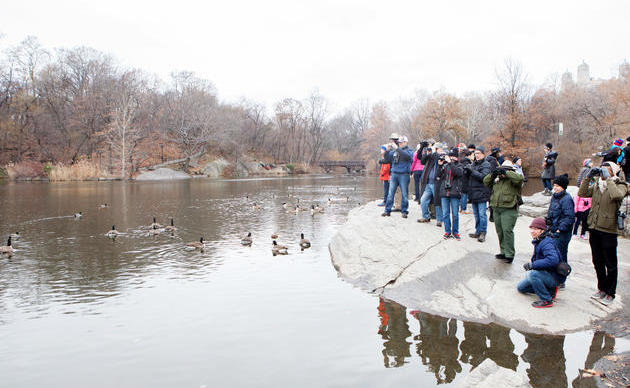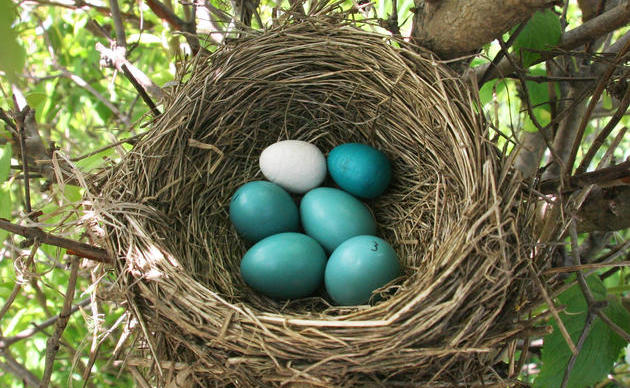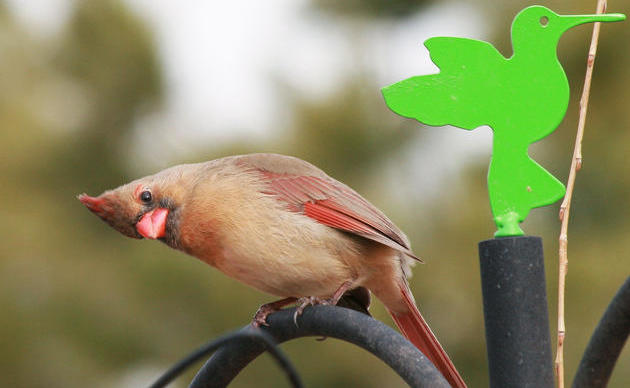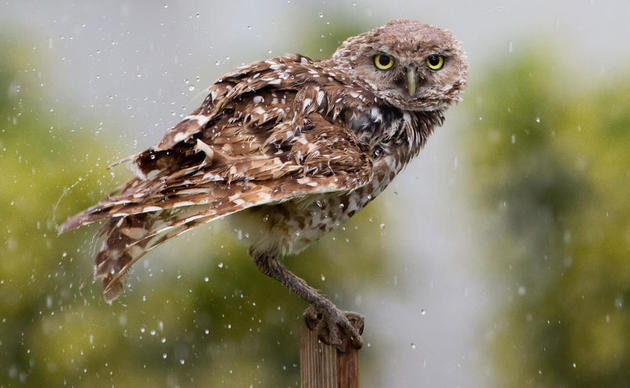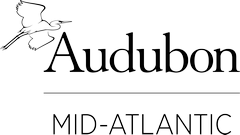IBA FAQs
Why Do We Need Important Bird Areas?
The Important Bird Area (IBA) program is a vital conservation initiative designed to help combat threats to bird populations and the habitats we often share with them. By focusing attention on the most essential and vulnerable areas, the IBA program helps to promote proactive habitat conservation which ultimately benefits birds and other wildlife.
What are the goals of the IBA Program?
The goals of the IBA program are to identify a network of sites throughout the state that are essential for sustaining wild bird populations, and to protect or manage these sites for long-term conservation purposes.
How are sites nominated?
Currently, over two million acres of land in Pennsylvania have been identified as IBAs and we continue to encourage individuals, Audubon chapters and the conservation community statewide to propose additional sites. If you know about a site in your area that may qualify, please contact Audubon Pennsylvania for more information.
How Does a Site Qualify as an Important Bird Area?
Nominations are presented to Pennsylvania’s Ornithological Technical Committee two times per year. This committee is comprised of top bird experts who determine whether or not a site meets one or more of the following criteria:
- Any site having exceptional concentration* or diversity of birdlife.
- Sites with a significant population of state or federally-listed endangered or threatened species.
- Sites supporting a significant population of one or more species on Pennsylvania’s “special concern” list.
- Sites containing representative, rare, threatened or unique habitats, with birds characteristic of those habitats.
- Sites where long-term avian research or monitoring is ongoing.
* Defined as: 2000+ waterfowl (at one time – excludes resident Canada Geese), 100+ shorebirds (at once), 50+ breeding pairs of wading birds or 10,000+ migrant raptors/season.
What happens once a site is designated as an IBA?
Once a site is officially identified as an IBA, volunteer monitoring efforts are often initiated. This monitoring focuses primarily on the breeding/nesting season – tracking the numbers and variety of birds breeding in that particular habitat. In some cases monitoring occurs during other times of the year important for migratory or over-wintering populations of waterfowl, raptors and shore birds. Monitoring also extends to the land itself, focusing attention on the main threats to Pennsylvania’s IBA habitats. Potential threats include: habitat fragmentation, suburban/urban sprawl, and overbrowsing by deer.
How are IBAs monitored?
To assess the numbers and diversity of bird populations on IBAs, volunteers conduct scientific point count surveys during the breeding season. These counts are done each year during the breeding/nesting season primarily in late May and June. Volunteers enter the monitoring data into eBird – Cornell University’s bird database. Future plans include analyzing trends and populations.
What is the Stewardship Adoption Program?
To help facilitate community involvement, Audubon PA initiated the IBA Stewardship Adoption Program. This enables individuals, organizations or institutions to “adopt” a specific IBA and partner directly with us to monitor and protect that site. To-date, 30 organizations have adopted over 50 IBAs. Community involvement is essential for IBA program success. If you or your organization is interested in conserving the natural habitats for birds and other wildlife, please give us a call.
How is the IBA Program Funded?
Agency grants and private donations help sustain the IBA program. These funds are used to develop an IBA database, write conservation plans, implement conservation actions, develop volunteer training for monitoring programs, and engage local communities in conservation activities.
How you can help, right now
Donate to Audubon
Help secure the future for birds at risk from climate change, habitat loss and other threats. Your support will power our science, education, advocacy and on-the-ground conservation efforts.
Become a Monthly Donor
Donating monthly is flexible, easy and convenient and makes you a champion birds can count on, no matter the season.

